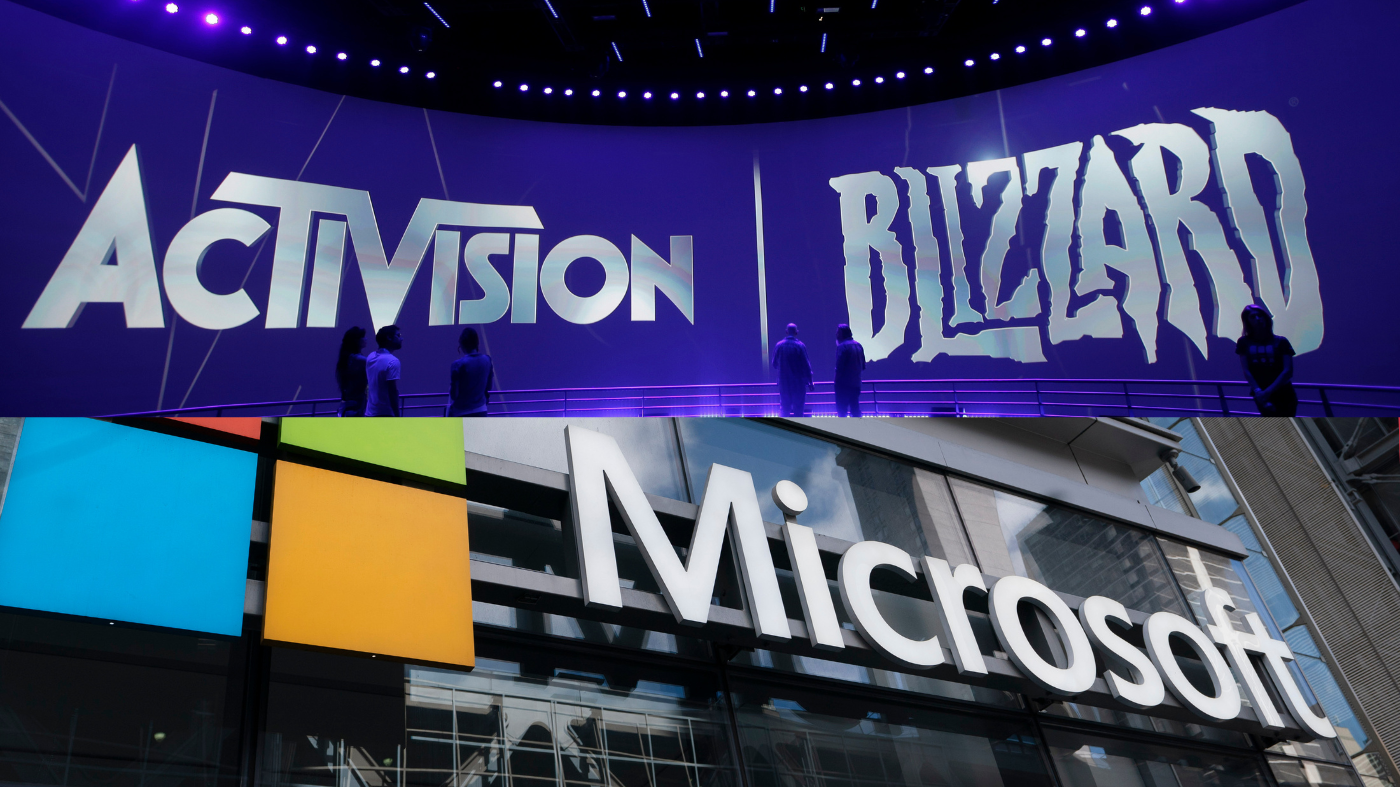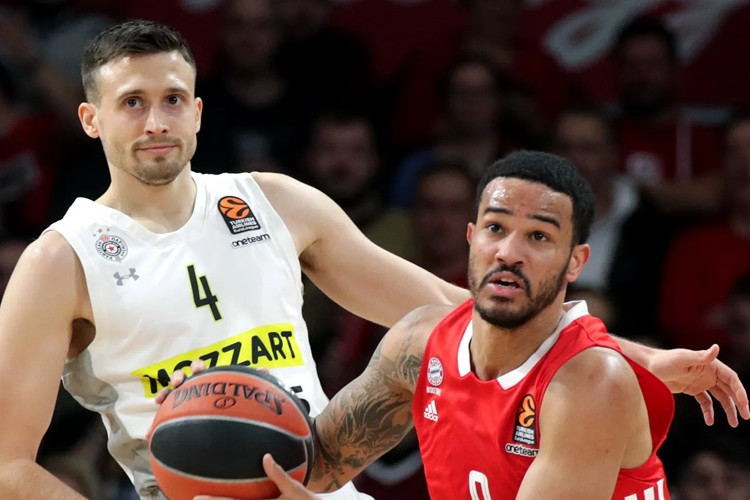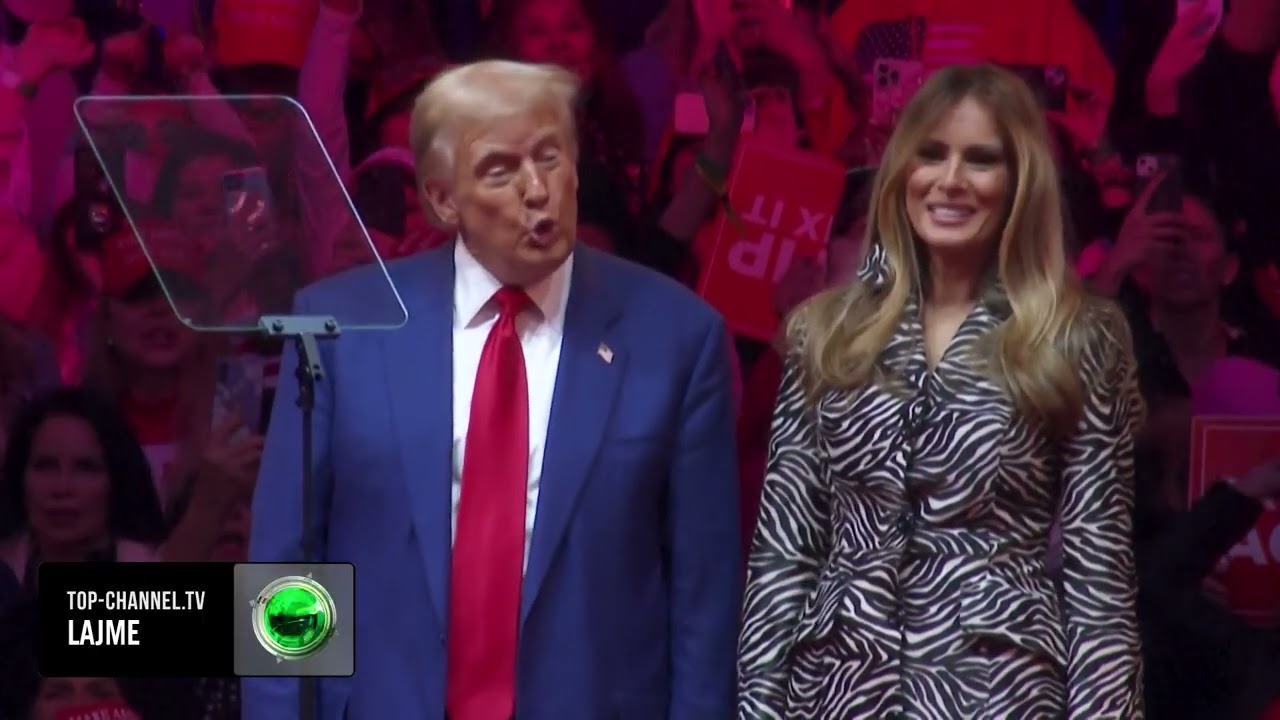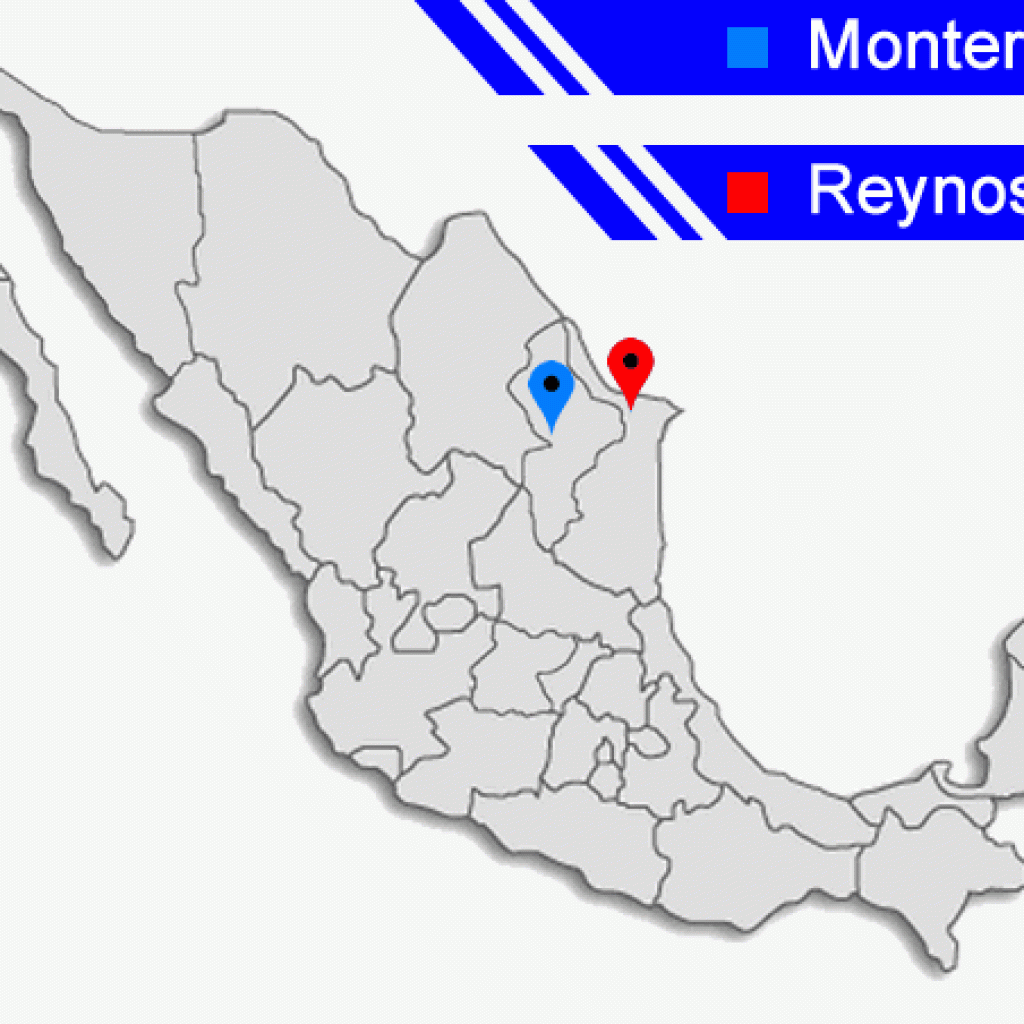FTC's Appeal: Will The Microsoft-Activision Merger Be Blocked?

Table of Contents
The FTC's Concerns and Arguments Against the Merger
The FTC's primary objection to the Microsoft-Activision merger centers around its potential to stifle competition and create a monopoly. Their arguments revolve around two key areas: anti-competitive practices and market domination.
Anti-competitive Practices
The FTC's central concern is the potential for Microsoft to leverage its ownership of Activision Blizzard to disadvantage competitors, particularly regarding the immensely popular Call of Duty franchise. This fear is rooted in several key points:
-
Loss of exclusivity for Call of Duty on competing platforms: The FTC worries that Microsoft could make Call of Duty exclusive to Xbox consoles and its Game Pass subscription service, harming rival platforms like PlayStation and potentially Nintendo Switch. This would significantly disadvantage Sony and other competitors, potentially driving them out of the market or forcing them to pay exorbitant fees for access to the game.
-
Microsoft's potential to leverage its ownership to disadvantage rivals: Beyond Call of Duty, the FTC is concerned about Microsoft's ability to manipulate other Activision Blizzard titles to benefit Xbox and Game Pass, creating an uneven playing field for competitors. This could include exclusive content, delayed releases on other platforms, or preferential treatment in terms of game development resources.
-
The impact on game subscription services and the broader gaming market: The merger could consolidate market power within the burgeoning game subscription market, hindering innovation and potentially leading to higher prices for consumers. The loss of competition could stifle the development of new subscription models and services, limiting consumer choice.
-
Examples of past anti-competitive behavior by large tech companies: The FTC cites examples of past anti-competitive behavior by large tech companies to illustrate the potential for similar actions from Microsoft post-merger. This sets a precedent and adds weight to their claims.
Market Domination
The FTC argues that the merger would substantially increase Microsoft's market power across various gaming sectors, creating a situation ripe for monopolistic practices. Their analysis includes:
-
Analysis of Microsoft's current market share in gaming consoles, PC gaming, and cloud gaming: The FTC presents detailed data on Microsoft's existing market share, highlighting its significant presence in multiple gaming segments. This provides a quantitative basis for their concerns about increased dominance.
-
Projections of market share post-merger and the potential for monopoly power: The FTC provides projections showing a substantial increase in market share following the merger, surpassing the thresholds that typically trigger antitrust concerns.
-
Discussion of the definition of relevant markets and the FTC's methodology: The FTC carefully defines the relevant markets (consoles, PC gaming, cloud gaming, etc.) to support its analysis and explain its methodology in assessing the potential for market power. This transparency addresses potential criticisms of their methodology.
-
Comparison with other major mergers in the tech industry and their outcomes: The FTC draws parallels with other significant mergers in the tech industry, highlighting both successful and unsuccessful challenges to demonstrate legal precedent and strengthen their argument.
Microsoft's Defense and Counterarguments
Microsoft has vigorously defended the merger, arguing it will benefit gamers and foster innovation. Their counterarguments focus on two primary areas: cross-platform availability and overall benefits.
Commitment to Cross-Platform Availability
Microsoft has repeatedly pledged its commitment to maintaining Call of Duty availability across multiple platforms, including PlayStation. Their defense includes:
-
Details of proposed agreements and commitments made to regulators: Microsoft has outlined specific agreements and commitments made to various regulatory bodies to ensure the continued cross-platform availability of Call of Duty and other Activision Blizzard titles.
-
Evidence presented to support claims of continued cross-platform availability: Microsoft has presented evidence, including contractual agreements and public statements, to support its claims and alleviate concerns about exclusivity.
-
Addressing concerns of potential future changes in strategy: Microsoft has attempted to address concerns that these commitments could be reversed in the future by highlighting long-term strategic benefits to maintaining cross-platform accessibility.
Benefits of the Merger for Gamers and Innovation
Microsoft highlights numerous potential benefits, arguing the merger will fuel innovation and enhance gaming experiences. Their points include:
-
Investment in new game development and studios under Microsoft's umbrella: Microsoft has pledged significant investments in new game development and the expansion of its gaming studios, suggesting this merger will lead to a richer and more diverse gaming ecosystem.
-
Potential for enhanced gaming experiences and technological advancements: Microsoft argues that the combined resources and expertise of both companies will lead to technological advancements and improved gaming experiences for consumers.
-
Increased accessibility and broader reach of Activision Blizzard's games: The merger could bring Activision Blizzard's popular games to a wider audience through Microsoft's extensive distribution channels and platforms.
-
Counterarguments against claims of reduced competition: Microsoft counters the FTC's claims by arguing that the merger will actually increase competition by fostering innovation and introducing new gaming experiences.
The Appeal Process and Potential Outcomes
The FTC's appeal will be a lengthy and complex legal battle. The ultimate outcome will hinge on several factors, including legal precedents and the likely timeline.
Legal Precedents and Similar Cases
The appeal process will involve a thorough examination of relevant legal frameworks and antitrust laws, and will be heavily influenced by precedents set in similar antitrust cases. This analysis will involve:
-
Discussion of relevant legal frameworks and antitrust laws: The legal arguments will center on the interpretation of antitrust laws and their application to the specific circumstances of the Microsoft-Activision merger.
-
Analysis of successful and unsuccessful merger challenges: The FTC and Microsoft will likely cite past cases to support their arguments, drawing parallels and distinguishing differences to sway the court's decision.
-
Consideration of the judge's previous ruling and the rationale behind it: The judge's initial ruling will play a significant role, providing context and framing the arguments presented during the appeal.
Likely Timeline and Predictions
Predicting the exact timeline and outcome is difficult, but several scenarios are possible:
-
Expected duration of the appeals process: The appeal process is expected to take several months, or even years, to complete.
-
Scenarios: FTC wins, Microsoft wins, or a negotiated settlement: The FTC could win, blocking the merger; Microsoft could win, allowing the merger to proceed; or the two parties could reach a negotiated settlement.
-
Potential implications of each outcome for the gaming industry: Each outcome will have significant implications for the gaming industry, potentially affecting competition, pricing, innovation, and the future development of video games.
Conclusion
The FTC's appeal against the Microsoft-Activision merger is a pivotal moment for the gaming industry. The outcome will significantly impact competition, innovation, and the overall gaming experience. While Microsoft has presented compelling arguments for the merger's benefits, the FTC's concerns about anti-competitive practices remain substantial. The appeal process will be closely watched, with the final decision shaping the future of the gaming landscape. Stay informed about further developments regarding the Microsoft-Activision merger and its implications for the gaming world. Understanding this complex legal battle is crucial for anyone interested in the future of gaming.

Featured Posts
-
 Barcelona And Arsenal Battle For Young Star Angelo Stiller
May 17, 2025
Barcelona And Arsenal Battle For Young Star Angelo Stiller
May 17, 2025 -
 Evrobasket 2024 Generalka Srpske Reprezentacije U Minhenu
May 17, 2025
Evrobasket 2024 Generalka Srpske Reprezentacije U Minhenu
May 17, 2025 -
 Departamento De Educacion De Puerto Rico Prestamos Estudiantiles Morosos Y Reportes A Agencias De Credito
May 17, 2025
Departamento De Educacion De Puerto Rico Prestamos Estudiantiles Morosos Y Reportes A Agencias De Credito
May 17, 2025 -
 Cfare U Diskutua Ne Biseden Telefonike Ndermjet Putin Dhe Presidentit Te Emirateve Te Bashkuara Arabe
May 17, 2025
Cfare U Diskutua Ne Biseden Telefonike Ndermjet Putin Dhe Presidentit Te Emirateve Te Bashkuara Arabe
May 17, 2025 -
 David Del Valle Uribe Trayectoria Deportiva Y Representacion De Reynosa En La Olimpiada Nacional
May 17, 2025
David Del Valle Uribe Trayectoria Deportiva Y Representacion De Reynosa En La Olimpiada Nacional
May 17, 2025
